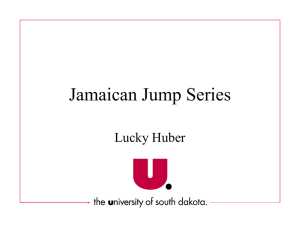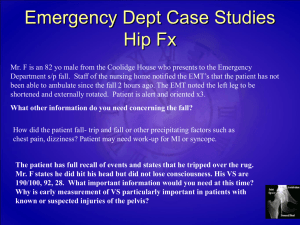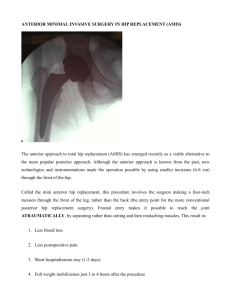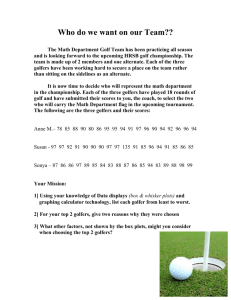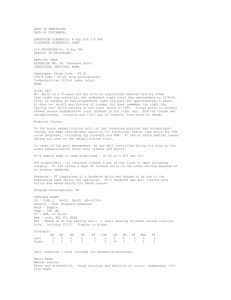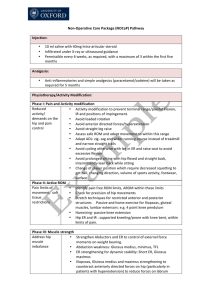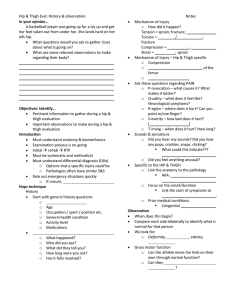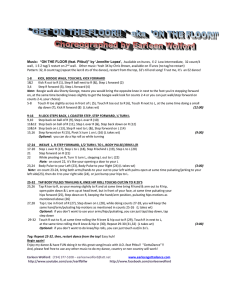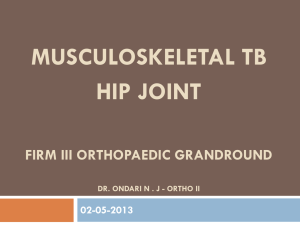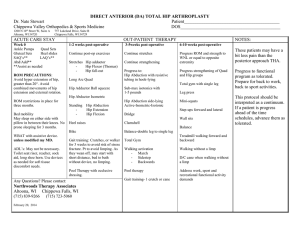It`s Not Hip To Slide In Golf - David Lindsay and Dean Walker
advertisement
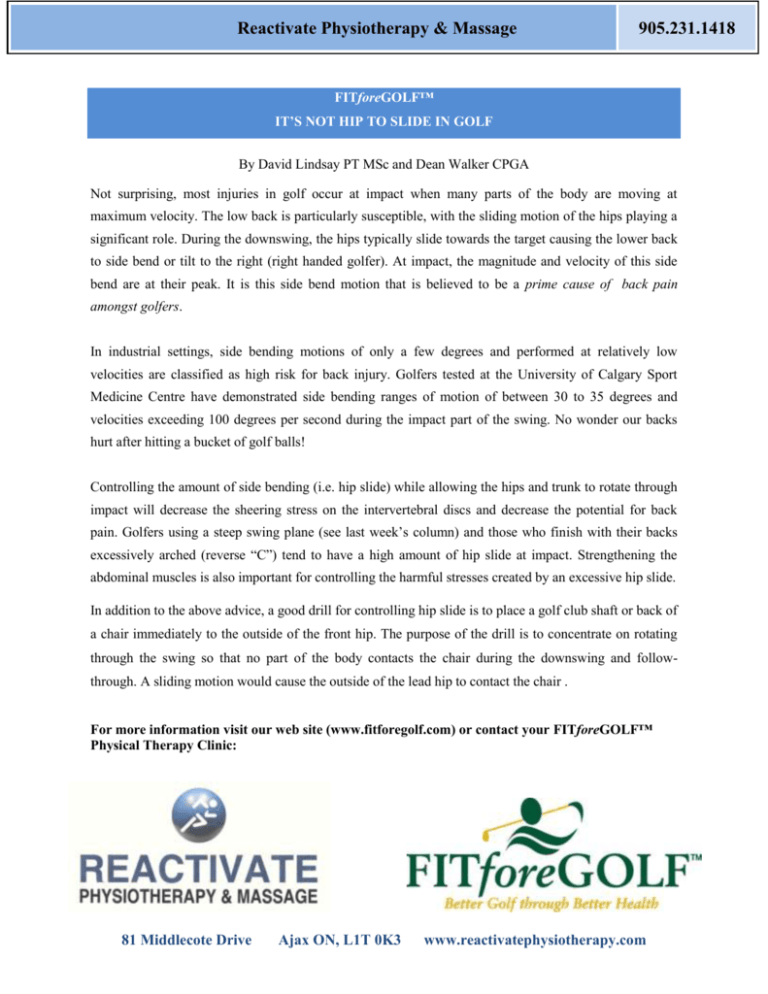
Reactivate Physiotherapy & Massage 905.231.1418 FITforeGOLF™ IT’S NOT HIP TO SLIDE IN GOLF By David Lindsay PT MSc and Dean Walker CPGA Not surprising, most injuries in golf occur at impact when many parts of the body are moving at maximum velocity. The low back is particularly susceptible, with the sliding motion of the hips playing a significant role. During the downswing, the hips typically slide towards the target causing the lower back to side bend or tilt to the right (right handed golfer). At impact, the magnitude and velocity of this side bend are at their peak. It is this side bend motion that is believed to be a prime cause of back pain amongst golfers. In industrial settings, side bending motions of only a few degrees and performed at relatively low velocities are classified as high risk for back injury. Golfers tested at the University of Calgary Sport Medicine Centre have demonstrated side bending ranges of motion of between 30 to 35 degrees and velocities exceeding 100 degrees per second during the impact part of the swing. No wonder our backs hurt after hitting a bucket of golf balls! Controlling the amount of side bending (i.e. hip slide) while allowing the hips and trunk to rotate through impact will decrease the sheering stress on the intervertebral discs and decrease the potential for back pain. Golfers using a steep swing plane (see last week’s column) and those who finish with their backs excessively arched (reverse “C”) tend to have a high amount of hip slide at impact. Strengthening the abdominal muscles is also important for controlling the harmful stresses created by an excessive hip slide. In addition to the above advice, a good drill for controlling hip slide is to place a golf club shaft or back of a chair immediately to the outside of the front hip. The purpose of the drill is to concentrate on rotating through the swing so that no part of the body contacts the chair during the downswing and followthrough. A sliding motion would cause the outside of the lead hip to contact the chair . For more information visit our web site (www.fitforegolf.com) or contact your FITforeGOLF™ Physical Therapy Clinic: 81 Middlecote Drive Ajax ON, L1T 0K3 www.reactivatephysiotherapy.com
